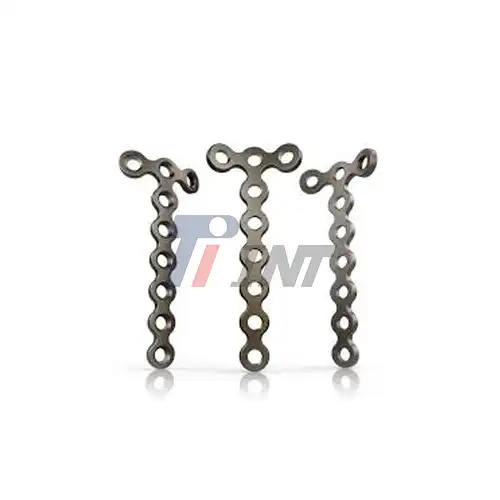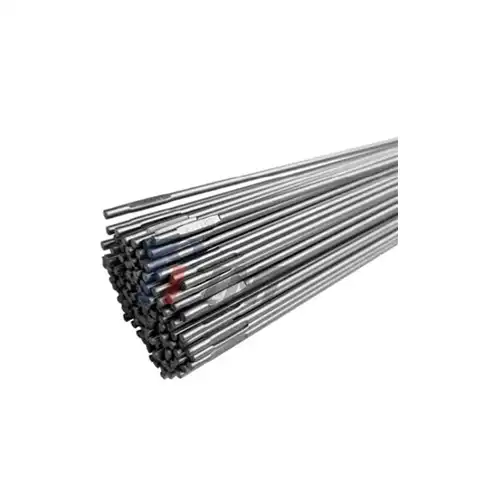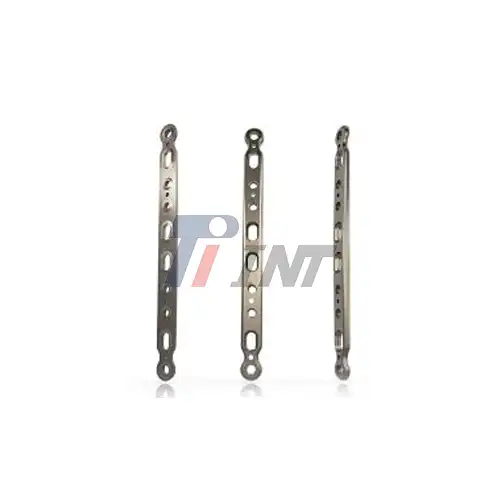The Synergy Between Titanium and Bone
Titanium's unique properties have revolutionized the field of orthopedics. This lightweight, however strong, metal has a remarkable strength-to-weight proportion, making it a perfect candidate for bone inserts. When a titanium plate for bone is utilized, it doesn't just give transitory bolster; it effectively contributes to the bone's recuperating handle.
One of the most exceptional perspectives of titanium is its biocompatibility. Not at all like a few other metals, titanium coordinates consistently with human tissue, diminishing the chance of dismissal or unfavorable responses. This property permits a handle called osseointegration, where the bone really develops and wires with the titanium embed. As a result, the bone doesn't fare well around the titanium; it gets to be fundamentally interwoven with it, making an impressive union that can regularly be more grounded than the unique bone.
The use of titanium in orthopedic applications extends beyond simple plates. Surgeons now employ titanium screws, rods, and even custom-designed prosthetics to address a wide range of bone-related issues. These titanium components not only provide immediate stability but also promote long-term bone health and strength.
The Science Behind Titanium's Bone-Strengthening Properties
To understand how titanium contributes to bone strength, we need to examine the molecular level interactions between titanium and bone tissue. When a titanium plate for bone is implanted, it triggers a series of biological responses that promote healing and strengthen the surrounding bone.
Titanium's surface properties play a crucial role in this process. The metal's oxide layer interacts with proteins and cells in the body, creating an environment conducive to bone growth. Osteoblasts, the cells responsible for bone formation, are particularly attracted to titanium surfaces. These cells adhere to the titanium and begin depositing new bone material directly onto the implant.
Moreover, titanium's modulus of elasticity is closer to that of human bone compared to other metals used in implants. This similarity in flexibility reduces the risk of stress shielding, a phenomenon where the implant takes on too much of the load-bearing responsibility, potentially leading to bone weakening over time. By allowing for a more natural distribution of forces, titanium implants encourage the bone to maintain its strength and density.
Research has shown that bones treated with titanium implants often exhibit increased mineral density and improved mechanical properties. This enhancement isn't limited to the immediate area of the implant; it can extend to the surrounding bone tissue as well, creating a stronger overall structure.
Long-Term Benefits and Considerations of Titanium Implants
While the immediate benefits of using a titanium plate for bone are clear, it's essential to consider the long-term implications. Titanium implants have demonstrated remarkable longevity, with many patients experiencing decades of improved bone strength and functionality. One of the key advantages of titanium is its resistance to corrosion. Unlike some other metals used in medical implants, titanium doesn't degrade significantly over time when exposed to bodily fluids. This stability ensures that the implant continues to provide support and maintain its bone-strengthening properties for years to come.
However, it's important to note that while bones treated with titanium can indeed become stronger, they are not invincible. Patients with titanium implants should still take care to maintain overall bone health through proper nutrition, exercise, and regular check-ups with their healthcare providers.
The versatility of titanium in orthopedic applications is truly remarkable. From small plates used in facial reconstruction to large prosthetic joints, titanium's ability to integrate with bone tissue makes it an invaluable tool in modern medicine. As manufacturing techniques continue to advance, we're seeing even more sophisticated titanium implants that can be customized to each patient's unique anatomy, further enhancing their effectiveness.
It's worth specifying that the victory of titanium inserts isn't exclusively due to the fabric itself. The aptitude of the specialist, the quality of the embed, and the patient's general well-being all play significant parts in the result. That's why it's basic to select a trustworthy producer and experienced therapeutic experts when considering titanium inserts.
The field of orthopedics proceeds to advance, with progressing inquire about into modern surface medicines and combination compositions that might advance improve titanium's bone-strengthening properties. A few thinks about are investigating ways to consolidate development variables or antibacterial specialists into titanium inserts, possibly speeding up mending times and decreasing the hazard of complications. As we look to the future, the potential for titanium in bone strengthening seems boundless. From improved implant designs to novel applications in regenerative medicine, titanium is likely to remain at the forefront of orthopedic innovation for years to come.
Conclusion
In answering the question "Is bone stronger with titanium?", the evidence overwhelmingly suggests that yes, in many cases, bones treated with titanium implants can indeed become stronger. The unique properties of titanium, combined with the body's natural healing processes, create a synergistic effect that not only repairs damaged bone but often enhances its overall strength and durability.
The use of titanium plate for bone and other titanium implants has transformed the field of orthopedics, offering hope and improved quality of life to countless patients worldwide. As technology advances and our understanding of bone-implant interactions deepens, we can expect even more remarkable developments in this field.
If you're interested in learning more about medical titanium products or have specific questions about titanium implants, don't hesitate to reach out to experts in the field. For more information, you can contact the team at export@tiint.com, who specialize in high-quality medical titanium materials and can provide valuable insights into the latest advancements in this exciting area of medical technology.


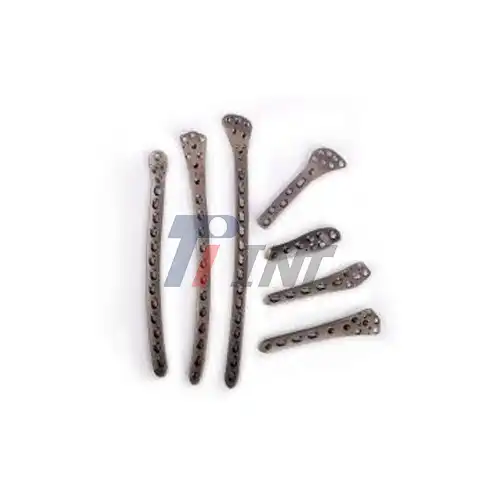
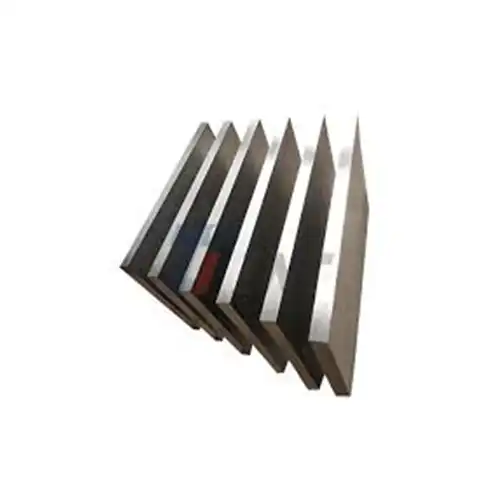






 2025-07-18 13:26:16
2025-07-18 13:26:16


_1752818186472.webp)
_1751958555199.webp)
_1751957234428.webp)
_1755061331871.png)
